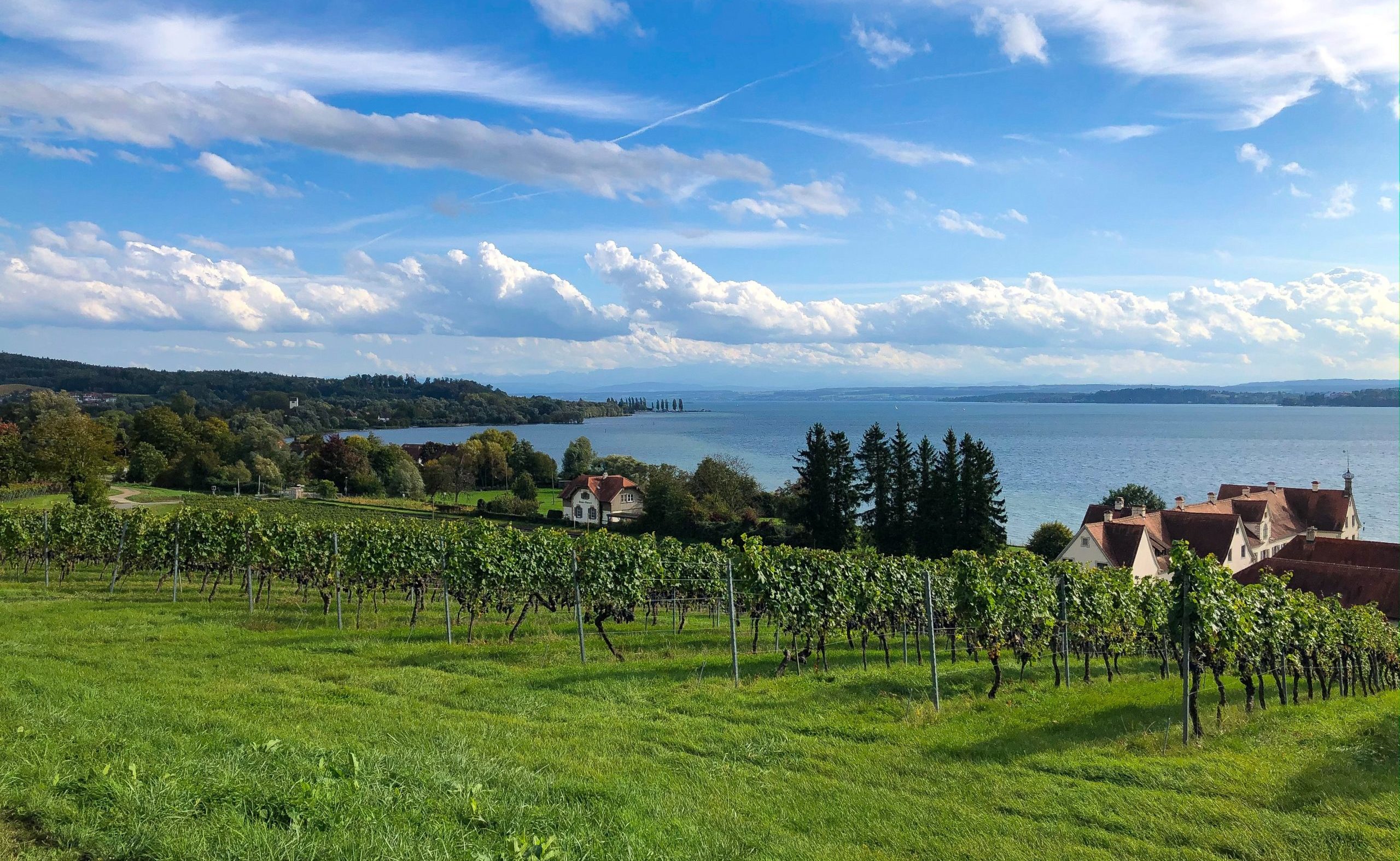
About the Living Lab
In the Lake Constance region, the Living Lab will look at how to improve the overall sustainability of the organic fruit production value chain by involving local and national organic agriculture associations, regional governmental agencies for agriculture, research associations, consulting agencies, environment and biodiversity institutes.
The region is one of the largest cultivation areas for stone fruits. Additionally, in 2018 the region was named an Organic Model Region (Bio-Musterregion) and has been actively supported with extra regional funds to further develop the organic agriculture sector. Organic fruit production attempts to compete with the growing demand for organic food. A large proportion of organic products consumed in Germany are currently imported, though they could be produced nationally. Furthermore, organic agriculture faces challenges of bio-pesticides and bio-insecticides, which are required to maintain the productivity of fruit cultivation in southern Germany.
In addition, the legal framework conditions concerning digitalised agriculture are not yet developed. Demonstrating interest and demand for digitalised agriculture could push frameworks and policy development further.
Living Lab coordinator: KIT-ITAS
Domain: Agriculture
Focal question
Objectives
- Build a network of German experts for digital technology in agriculture, specifically in fruit production. This will require engaging farmers (conventional and organic) to interview and to encourage a dialogue with other stakeholders (such as digitalisation companies and consultants, researchers, marketing associations) about digital technologies.
- Understand the perspectives of these farmers on digital agriculture, focused on the question ‘how can digitalisation influence the socio-economic and environmental sustainability of fruit production?’. The concepts of digital literacy, perspective on tech, how it can help them or hinder them, winners and losers will be explored.
- Select socio-economic sustainability indicators (SESIs) and assess them in the context of the Lake Constance region.
- Discuss current DGCs of interest to stakeholders: assess the interest and applicability of the DGCs for current agricultural practice; and evaluate (based on existing DGCs for fruit production) the gaps in technology that would be beneficial from the stakeholders’ point of view.
Main stakeholders
Local public authority: County departments for agriculture, organic agriculture
Business sector: Fruit marketing community
Digital technology operators
Farmers: Conventional and organic fruit farmers
Farmers’ organisation
Agricultural Research centers
Fruit production and digitalisation consultants
Topic experts (either in digitalised agriculture, technology or fruit production): Research institutes, private companies, consulting companies
Key documents
Policy brief: Digitalisation of fruit production
National Policy Analysis: Germany
Practice Abstract: Socio-cyber-physical system of the Lake Constance

